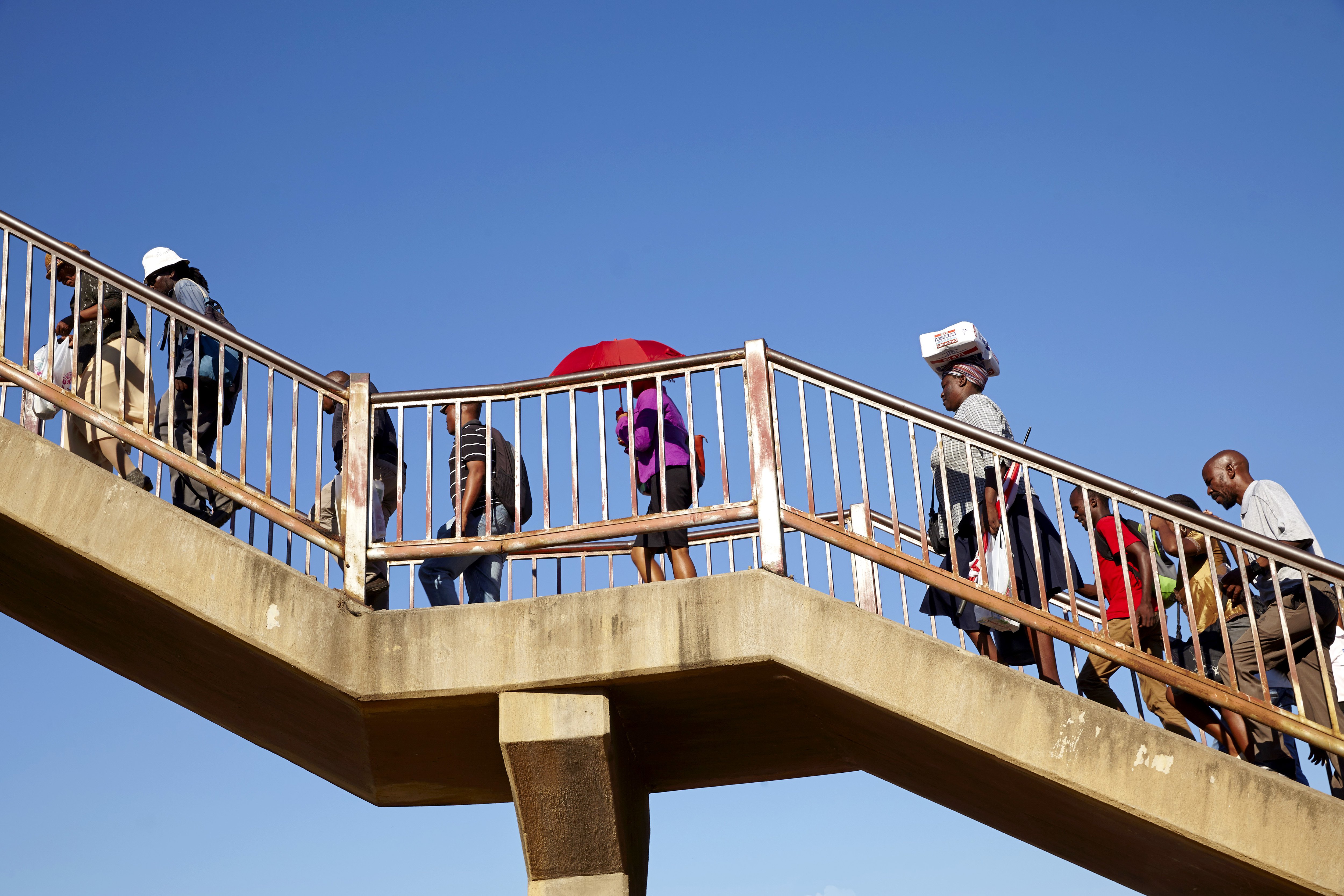Botswana is one of the few upper-middle-income countries in sub-Saharan Africa and aspires to become a high-income country by 2036. According to OECD estimates, Botswana is expected to graduate from the list of official development assistance (ODA) eligible countries by 2030.
This report examines the experience of Botswana in managing its transition from ODA and aid. It presents research into the type of cooperation the country sought from development partners and its expectations for development cooperation beyond aid. The report identifies lessons for other countries in the midst of transitioning from aid, as well as for development partners to sustain development outcomes and policy dialogue.
The Botswana study forms part of a larger project that sets out to investigate country experiences of and key lessons from the transition and graduation from ODA. The other country studies are Chile, Mexico and the Republic of Korea.

